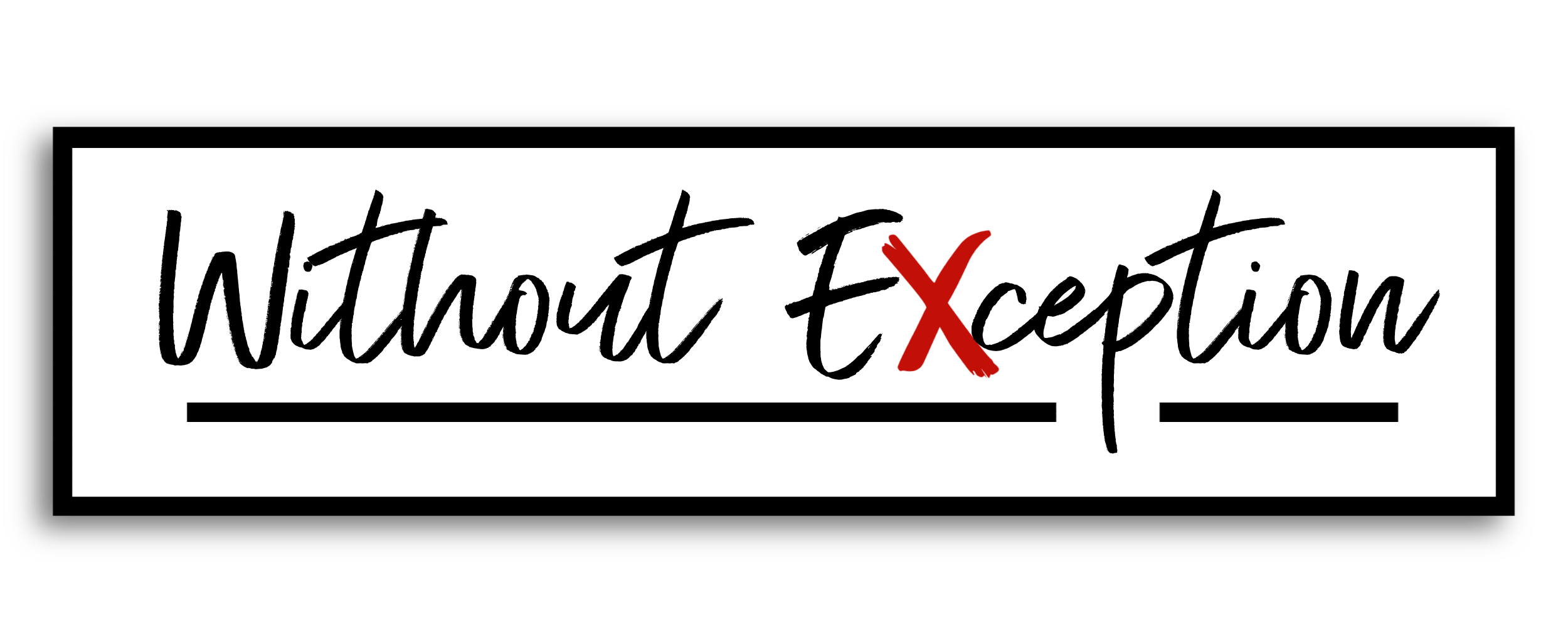The prophet Habakkuk was to some degree a contemporary of Jeremiah and was one of the last prophets to serve before the captivity of Judah. His writing recounts the prophet’s dilemma, God’s response, the prophet’s second dilemma, God’s second respond, and the prophet’s praise.
Habakkuk had a bone to pick with God as it were, that there was such unrighteousness in Judah and God wasn’t doing anything about it (Hab. 1:1-4). We saw in Nahum’s prophecy that God’s justice is unrelenting, so why is God letting His people get away with such injustice? Why does God seem indifferent? Habakkuk summarizes, “So the law is paralyzed, and justice never goes forth. For the wicked surround the righteous; so justice goes forth perverted” (Hab. 1:4, ESV). God is asleep at the wheel it seems! To this, God replies that He’s doing something so incredible that you wouldn’t believe it if it was told to you! (1:5). God was raising up the Babylonians to come and bring judgment upon His people! (1:6-11). This might be old news to us, but to the people of Judah before it all happened this was astonishing and incredibly problematic to say the least.
Then comes Habakkuk’s second problem. God is using a nation more unjust than Judah to execute His purposes? Are you kidding me? It was bad enough for God to let Judah off the hook and to not deal with them…but to let Babylon get away with murder, literally? What in the world is God thinking? The prophet complains, “You who are of purer eyes than to see evil and cannot look at wrong, why do you idly look at traitors and remain silent when the wicked swallows up the man more righteous than he?” (Hab. 1:13). Essentially, Judah is bad, but Babylon is worse, how can God let them get away with all this?!
God responds that the vision (of judgment) is for an appointed time, and therefore to write it down and wait for it, for the righteous one lives by faith (2:2-4). There was coming a day that God would judge Babylon also (2:8). He wasn’t going to let them get away with their sins, again, His justice is unrelenting in the face of such wickedness. The Lord was merely raising up the Babylonians for a period of time to execute His sovereign purpose of disciplining His chosen people so that they might turn from their sins and serve Him alone.
Habakkuk’s writing ends on a note of hope. He awaits the coming destruction of Babylon (2:16) and he chooses to rejoice in God and take joy in the God of his salvation (2:18). Habakkuk’s short book is the perfect example of what it looks like to rest in the sovereignty of God. God, as the King of creation, knows what He’s doing and He’s ordering events on the world stage in accordance with His sovereign decree.
Resting in sovereignty is an acknowledgement that God runs the universe better than we could. We might have questions at times. We might not understand what God is doing. We might do it differently. But we must always conclude that He doesn’t have questions, He knows and understands what He’s doing, and His ways are better than our ways. Habakkuk had to learn to trust God, even when, and especially when, it didn’t make sense. He had to learn to trust God, even when God’s ways seemed backwards. He had to learn to trust God, and to rejoice in the God of His salvation, knowing that He knows what is best. As God once spoke through the prophet Isaiah,
“For as the heavens are higher than the earth, so are my ways higher than your ways and my thoughts than your thoughts.”
Isaiah 55:9, ESV
God knows what He’s doing and whether we realize it or not He’s doing a good job running things. We ought to trust in Him, even when His ways don’t make any sense to us. Rest in His sovereignty today. Believe that He’s doing a better job than you would be doing. If you have questions without answers, know that He’s got it all sorted out and His purpose will prevail.


Leave a Reply